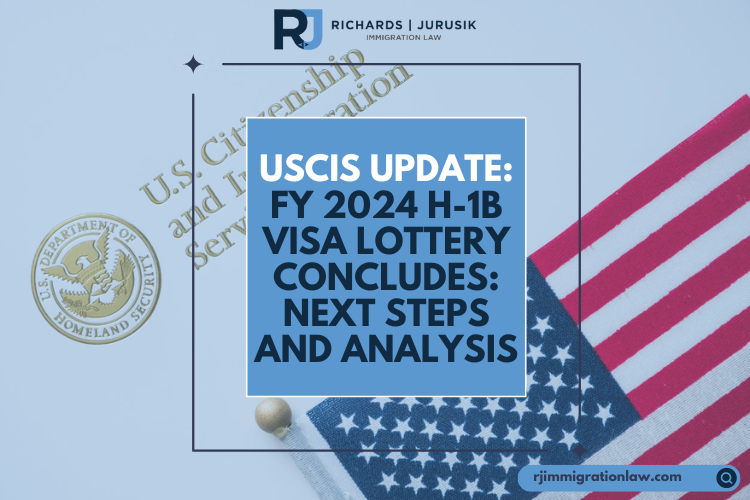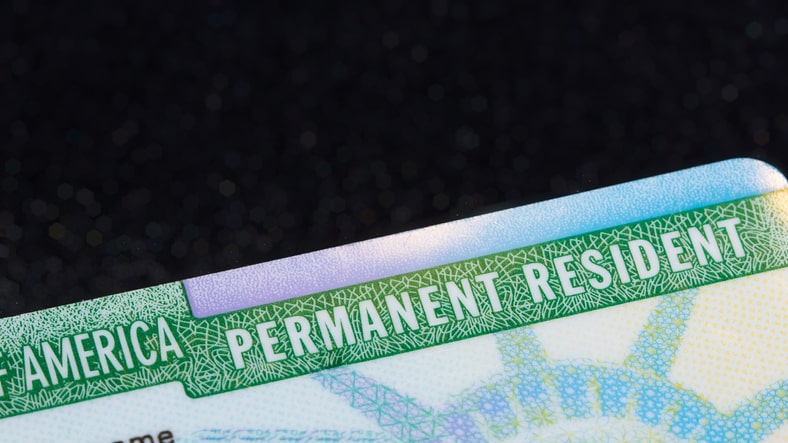The United States has long been recognized as a place of entrepreneurial spirit, offering a vast marketplace and numerous opportunities for success. Starting a business in the USA can be the key to a prosperous future. But what are the visa options if you’re a foreign national aspiring to set up a shop in the US? Let’s dive into the main alternatives: the E2 Treaty Investor visa, EB-5 Immigrant Investor visa, L1 Intracompany Transfer visa, and H1B Specialty Occupations visa.
1. E2 Treaty Investor Visa
The E2 visa, or the Treaty Investor visa, is a nonimmigrant visa option. This means it does not directly lead to permanent residence. To qualify for the E2 visa, your home country must have a treaty of commerce and navigation with the United States. You must invest a significant amount of capital in a US business with the intent to develop and direct the operations. While there’s no minimum investment requirement, you need to demonstrate that the funds are substantial relative to the overall cost of the business.
2. EB-5 Immigrant Investor Visa
Unlike the E2 visa, the EB-5 visa is an immigrant visa, leading to permanent resident status or a green card. The program is designed to stimulate the US economy through job creation and capital investment by foreign investors. To qualify for an EB-5 visa, you must invest a minimum of $1.8 million in a new commercial enterprise in the US that will create at least ten full-time jobs for qualifying US workers. In targeted employment areas (TEAs), which are either rural or high-unemployment areas, the minimum investment requirement is reduced to $900,000. Our firm doesn’t handle EB-5 Immigrant Investor visa cases.
3. L1 Intracompany Transfer Visa
The L1 visa is a nonimmigrant visa that allows companies operating in the US and abroad to transfer certain types of employees from their foreign operations to their US operations for up to seven years. The transferred employees must be in managerial roles or have specialized knowledge about the company’s operations. If you own a business in your home country, you can expand it to the US using this visa, then transfer yourself to the US as a manager or executive.
4. H1B Specialty Occupations Visa
The H1B visa permits US companies to employ foreign workers in specialty occupations. You may qualify for this visa if you have a bachelor’s degree or higher (or its equivalent) in the specific specialty. Entrepreneurs can utilize the H1B visa to start a business in the US by finding a US employer willing to sponsor their H1B petition. Remember that the H1B visa is subject to an annual cap and is usually oversubscribed, making it a more challenging and competitive visa option.
In Conclusion
Starting a business in the USA can seem daunting due to the complexities of visa options. However, by understanding the requirements and processes of each visa category, you can determine the best path forward for your entrepreneurial journey. Always consult with a qualified immigration attorney to discuss your circumstances and to guide you through the process.
Subscribe to Our Resources Blog
Schedule a Consultation with an Immigration Lawyer
Citations
- E-2 Treaty Investors
- H-1B Specialty Occupations
- L-1A Intracompany Transferee Executive or Manager
- EB-5 Immigrant Investor Program







